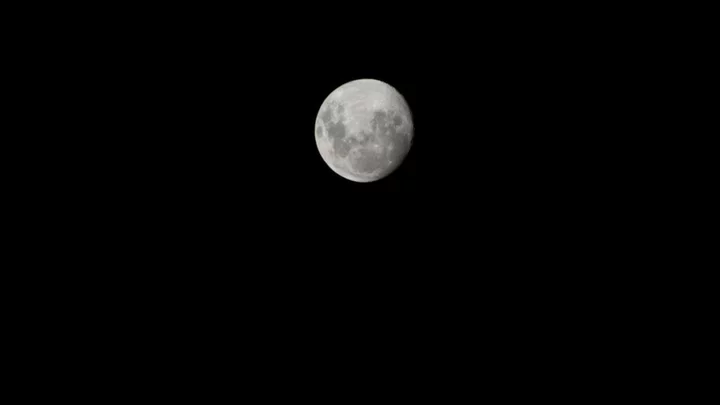Scientists have achieved a new world record for a next-generation solar cell, which holds the promise for novel applications like building-integrated and window solar panels.
The breakthrough follows two years of research from the Hong Kong Polytechnic University into organic solar cells (OSCs), which until now have been too inefficient and costly to be used widely in practical applications.
The research team invented a new technique to boost the stability of OSCs, achieving a power-conversion efficiency of 19.3 per cent.
“The new finding will make OSC research an exciting field, and this will likely create tremendous opportunities in applications like portable electronics and building-integrated photovoltaics,” said Li Gang, a professor of energy conversion technology at Hong Kong Polytechnic University.
“This is a very encouraging result for the long-standing research on OSCs that I have conducted over the past two decades. We have already achieved better OSC efficiency and this will subsequently help accelerate the applications of solar energy.”
Professor Li and his team believe an efficiency rate above 20 per cent is now achievable using their new technique.
The research is detailed in a study, titled ‘19.3% Binary Organic Solar Cell and Low Non-Radiative Recombination Enabled by Non-Monotonic Intermediate State Transition’, published in the scientific journal Nature Communications.
The 19.3 per cent efficiency record is still a long way off other solar cell technologies, with researchers passing the 30 per cent barrier last year with a tandem design that used the so-called “miracle material” perovskite.
OSCs are more lightweight and flexible than traditional silicon-based solar panels, as they consist of thin layers of organic semiconducting materials.
The materials used are more environmentally friendly and 1,000-times thinner than silicon solar cells, meaning they have the potential to be vastly cheaper. They are also semi-transparent, allowing them to be used not just within building materials, but also on windows.
Dozens of startups are already working on novel applications for harvesting solar energy, such as London-based Filia, which integrates solar technology into blackout blinds.
California-based Ubiquitous Energy raised more than $30 million last year to push forward its vision of turning skyscrapers into “vertical solar farms” through the development of windows capable of converting sunlight into electricity. The firm aims to begin production at some point next year following further research and development.
Read MoreElectric car range set to double with first production of breakthrough battery
Solar panel efficiency to increase 50% with first production of ‘miracle’ tandem cells
Solar panel efficiency to increase 50% with first ‘miracle’ tandem cells
Elon Musk’s private jet lands in China for billionaire’s first visit in three years
WhatsApp set to add major features including a new username system









